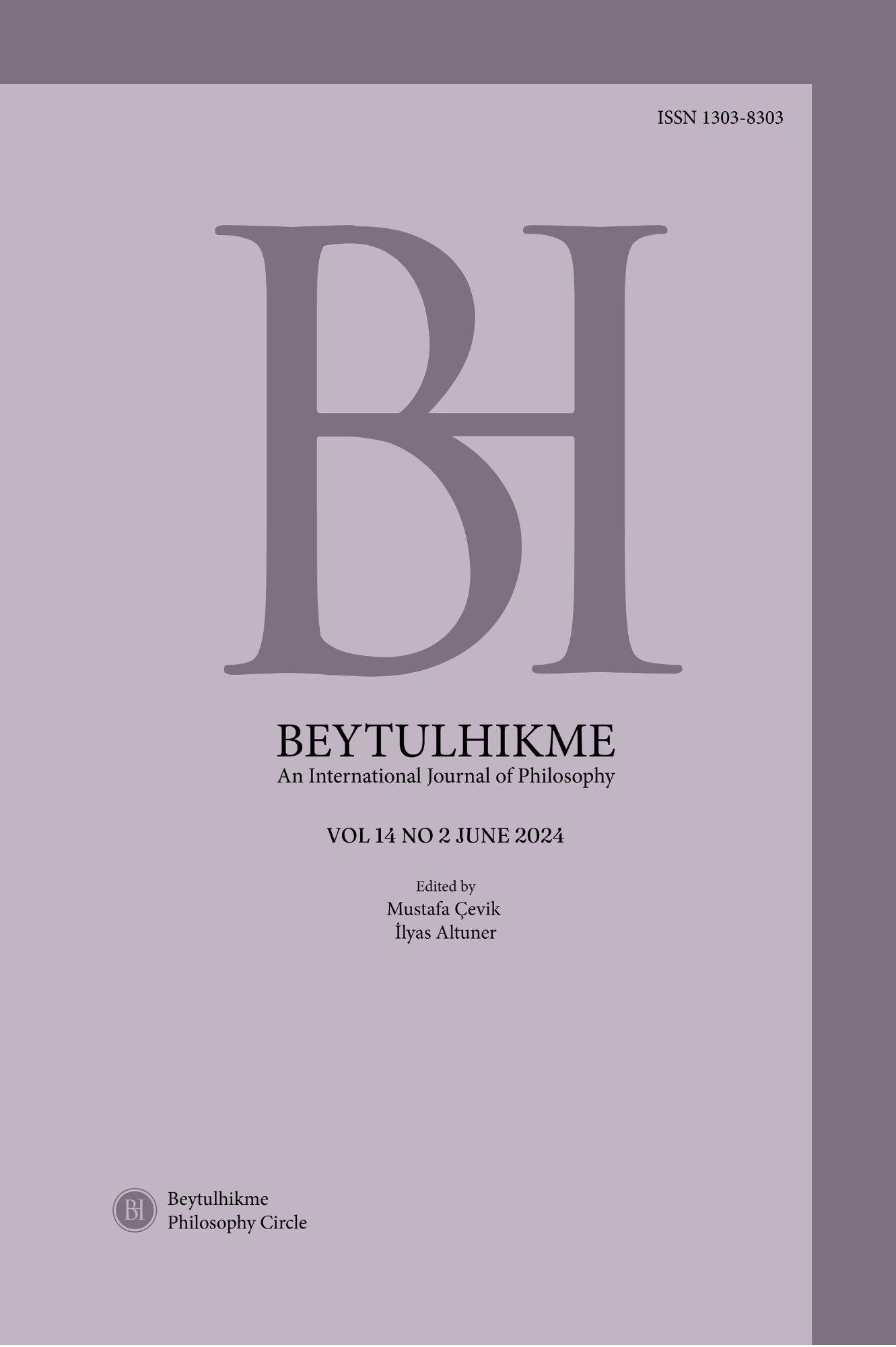Author :
Abstract
Bu çalışmanın amacı, fenomenoloji ile fenomenolojik yöntemin ne olduğunun ve neyi hedeflediğinin varlık ve bilgi problemlerinden hareketle incelenmesidir. Husserl, fenomenoloji felsefesini Avrupa bilimler krizinin neden olduğu felsefesizliğe bir tepki olarak geliştirmiştir. Fenomenolojinin hedefi, bilince verili olan fenomenleri çözümlemektir. Fenomenoloji şeyler hakkında değil, onların kendilerini gösterme biçimleri hakkında konuşur. Fenomenolojik yöntem fenomenolojik tavırla başlar, yönelimsellikle de devam eder. Fenomenolojik yöntem araştırmasını daha sonra fenomenolojik epoke, fenomenolojik redüksiyon, fenomenolojik refleksiyon ve fenomenolojik betimleme ile sürdürür. Bu süreçte bilincin ulaştığı özler, üzerlerine bilginin temellendirileceği immanent özlerdir. Fenomenolojik ontolojide bir töz metafiziği yapılmaz, varlığın nasıl doğru okunup bilinebileceği aracısız ve nedensiz olarak araştırılır. Fenomenolojik epistemolojide ise bilginin temeli araştırılarak bilginin nasıl mümkün olduğu açıklığa kavuşturulur. Böylece fenomenoloji felsefesi hem Kartezyen felsefenin hem de determinizm, empirizm ve pozitivizmin aksine özne ve nesneden birini diğerine indirgemeyerek bilince verili olan fenomenlerin anlamını kendine özgü ve özel bir yöntemle açıklığa kavuşturmaktadır.
Keywords
Abstract
The aim of this study is to examine what phenomenology and the phenomenological method are and what they aim at, based on the problems of being and knowledge. Husserl developed his philosophy of phenomenology as a reaction to the lack of philosophy caused by the European crisis of sciences. The goal of phenomenology is to analyse the phenomena given to consciousness. Phenomenology does not talk about things, but about the way they manifest themselves. The phenomenological method begins with the phenomenological attitude and continues with intentionality. The phenomenological method then continues its research with phenomenological epoke, phenomenological reduction, phenomenological reflexion and phenomenological description. In this process, the essences reached by consciousness are immanent essences on which knowledge is to be grounded. In phenomenological ontology, a metaphysics of essence is not made, and how existence can be read and known correctly is investigated unmediated and uncaused. In phenomenological epistemology, the basis of knowledge is investigated and how knowledge is possible is clarified. Thus, unlike both Cartesian philosophy and determinism, empiricism and positivism, phenomenological philosophy does not reduce one of subject and object to the other and clarifies the meaning of phenomena given to consciousness with a unique and special method.





